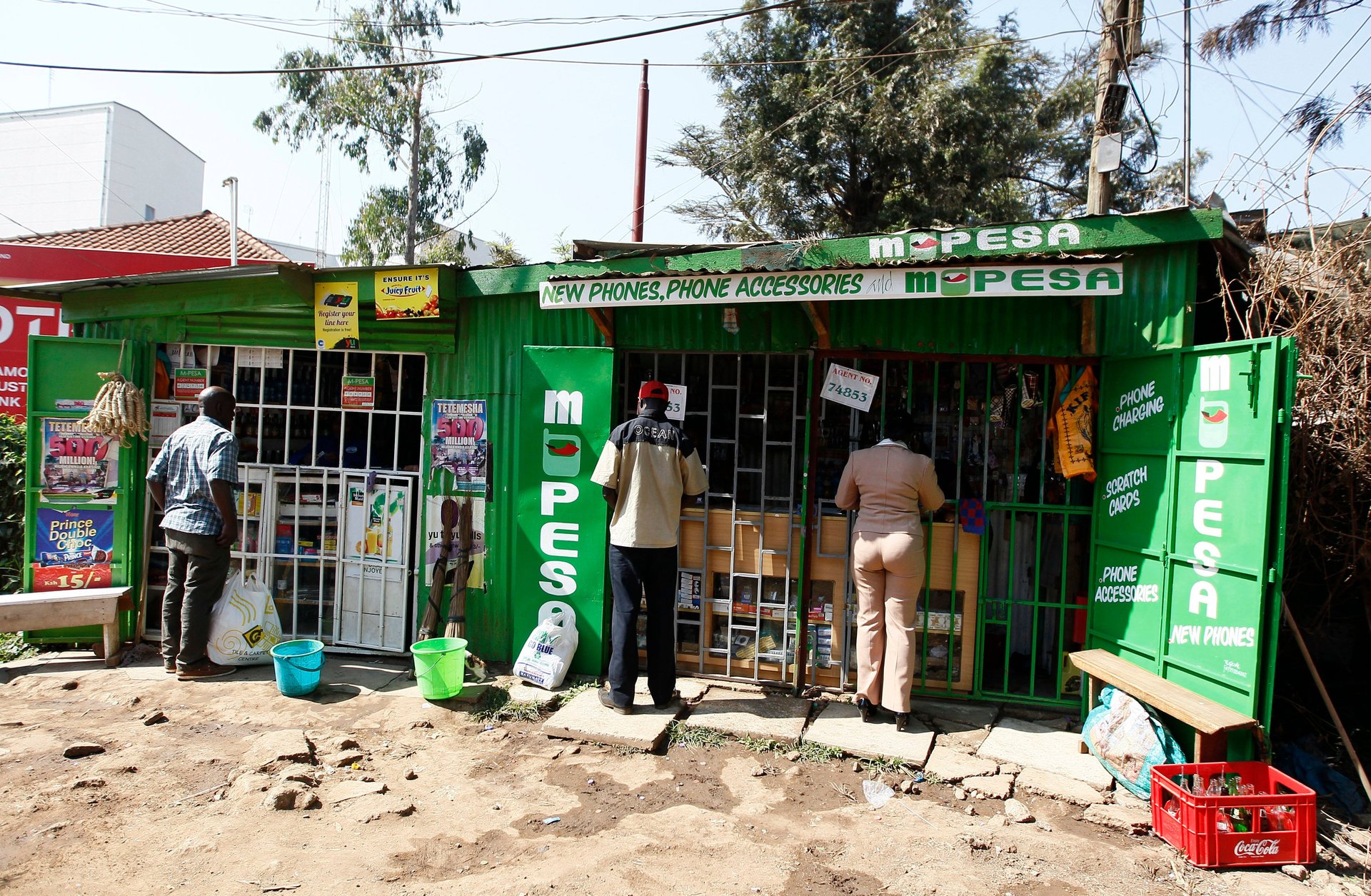Mobile money crossed a key milestone last year—that’s good news for Africa’s coronavirus battle
The global mobile money industry crossed a major milestone last year, reaching over a billion registered accounts.


The global mobile money industry crossed a major milestone last year, reaching over a billion registered accounts.
Given the obvious utility of boosting financial inclusion, mobile money services remain most prominent in countries and regions with significant swathes of unbanked people. In its 2019 report on the industry, GSMA estimates that there are mobile money services in 96% of countries where less than a third of the population have registered account with formal financial institutions. There are now nearly 300 live mobile money services across 95 countries globally.
Sub-Saharan Africa remains “the enduring epicenter of mobile money” driving global adoption, GSMA’s report shows. The region saw a 12% growth in registered accounts—the second highest globally last year. The region’s dominance also reflects in transaction volume and value as Sub Saharan Africa accounted for over 60% of the $690 billion transacted through mobile money services last year.

While East Africa, home to Safaricom’s famed M-Pesa service, still remains the top grossing region for volume and value of mobile money transactions across Sub Saharan Africa, mobile money growth is starting to boom in West Africa thanks to growth in Ghana and francophone West Africa.
And then there’s the huge potential of Nigeria, which now has a more favorable regulatory outlook with the country’s central bank finally starting to issue mobile money licenses to telecoms operators.
Following the change of tack, MTN Nigeria, the country’s biggest phone network, launched its MoMo Agent mobile money service last October. MTN is likely hoping to replicate its success in Ghana where its mobile money service proved popular enough for it to launch a mobile money-based IPO back in 2018. The listing, the largest undertaken on Ghana’s stock market, saw 100,000 Ghanaian nationals purchased MTN shares using mobile money accounts.
Africa’s rapid adoption of mobile money services is unlikely to slow down given the evidence of its impact on individuals and businesses who, previously cut off from digital and formal economies, can now pay bills and make transfers at the touch of a few buttons. GSMA already forecasts that registered mobile money accounts across Sub Saharan Africa (currently at 469 million) will cross the half billion mark by the end of 2020.
That growth will likely result in wider agent networks through which mobile money companies primarily service customers. By the end of 2019, the density of mobile money agent networks globally reached 228 agents per 100,000 adults compared 33 for ATMs and 11 for banks.
Given the impact of the coronavirus outbreak on Africa with over 1,800 confirmed cases, the proliferation and adoption of mobile money services serves as an unintended boon for containing the pandemic, particularly in the cash-reliant, informal sectors which dominate most African economies.
With social distancing policies seen as a vital to curbing the outbreak’s spread, the use of mobile money services can reduce the need to exchange cash notes and close personal contact—an obvious way through which the virus can be transmitted especially in Africa’s densely populated urban centers.
Sign up to the Quartz Africa Weekly Brief here for news and analysis on African business, tech and innovation in your inbox